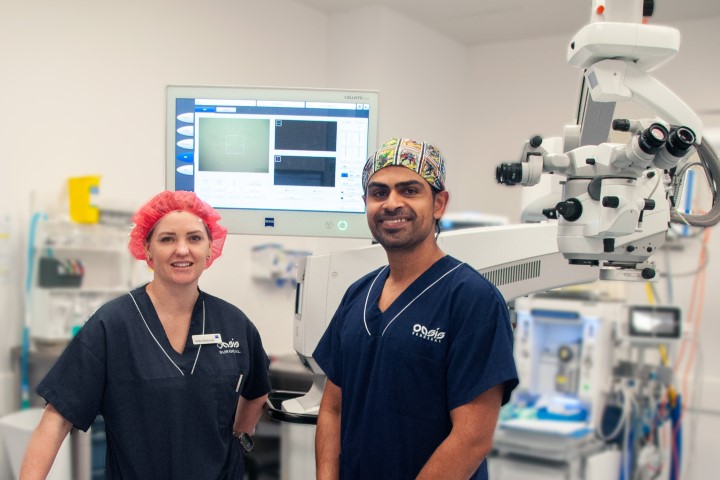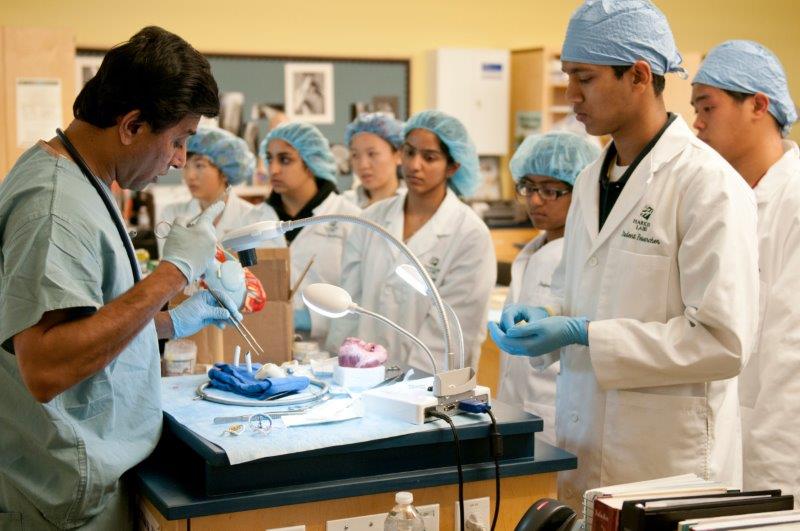Study addresses trabeculectomy/cataract debate
A study led by Moorfields Hospital researchers in the UK says the sequence in which cataract and trabeculectomy surgery is carried out does not appear to affect trabeculectomy function at five years.
The research team compared success proportions at five years in three surgical groups: (1) those who had trabeculectomy alone, (2) those who had trabeculectomy followed by cataract surgery within two years and (3) those who had trabeculectomy performed on a pseudophakic eye.
The study analysed data from 194 patients with at least five years' follow-up post-trabeculectomy, particularly with regard to intraocular pressure (IOP) at five years post-trabeculectomy surgery and change in visual acuity at five years.
Results showed at five years the mean IOP was 12.9, 12.5 and 12.7 mm Hg in the three groups respectively. Overall success was almost identical, at 58%, 57% and 59% in groups 1, 2 and 3 respectively. There was no significant difference between the groups in terms of percentage IOP reduction, number of medications, proportion restarting medication and reoperation rates at five years. Logistic regression for an outcome of failure showed men to be at slightly increased risk of failure (which researchers attributed to likely lower compliance rates) and nearly 80% of patients retained or improved their vision following their initial trabeculectomy.
Researchers concluded the sequence in which surgery is carried out does not appear to affect trabeculectomy function at five years, success being similar to trabeculectomy alone, though the study indicated that men may be at increased risk of failure.
























